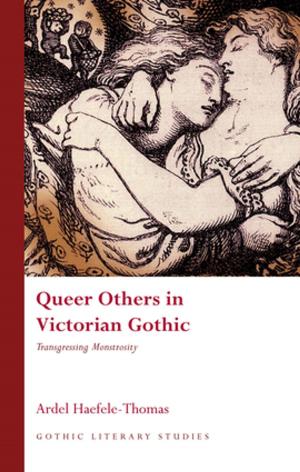Catalan Cartoons
A Cultural and Political History
Nonfiction, Art & Architecture, Art Technique, Cartooning, Home & Garden, Crafts & Hobbies| Author: | Rhiannon McGlade | ISBN: | 9781783168064 |
| Publisher: | University of Wales Press | Publication: | February 15, 2016 |
| Imprint: | University of Wales Press | Language: | English |
| Author: | Rhiannon McGlade |
| ISBN: | 9781783168064 |
| Publisher: | University of Wales Press |
| Publication: | February 15, 2016 |
| Imprint: | University of Wales Press |
| Language: | English |
In a world increasingly dominated by visual sensation, our understanding of the role and influence of comics and cartoon humor in popular culture has become essential. This book offers a critical and cognitive focus that captures the changing fortunes of Catalan humour production against the shifting political landscape in the period 1898–1982. It considers how Catalan satire has been influenced by periods of relative calm as well as censorship, violence, war and dictatorship, and among its key features is its presentation of a continued cartooning tradition that was not ended by the installation of the Franco dictatorship, but which rather continued in a number of adapted forms, playing its own role in the evolution of the period. Thus, as well as introducing the most representative cartoonists and publications, the Catalan example is used to explore broader aspects of this complex communication form, opening new avenues for cultural, historical and socio-political research.
In a world increasingly dominated by visual sensation, our understanding of the role and influence of comics and cartoon humor in popular culture has become essential. This book offers a critical and cognitive focus that captures the changing fortunes of Catalan humour production against the shifting political landscape in the period 1898–1982. It considers how Catalan satire has been influenced by periods of relative calm as well as censorship, violence, war and dictatorship, and among its key features is its presentation of a continued cartooning tradition that was not ended by the installation of the Franco dictatorship, but which rather continued in a number of adapted forms, playing its own role in the evolution of the period. Thus, as well as introducing the most representative cartoonists and publications, the Catalan example is used to explore broader aspects of this complex communication form, opening new avenues for cultural, historical and socio-political research.















